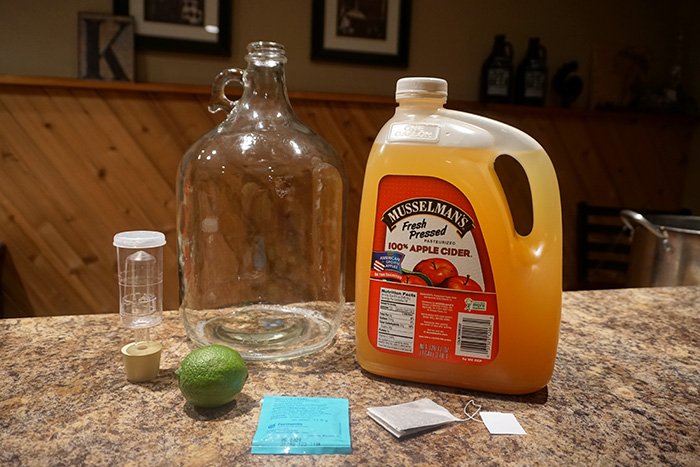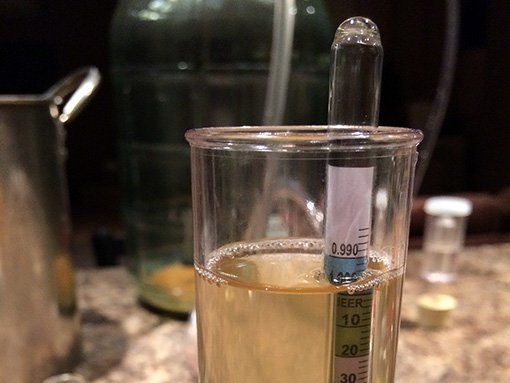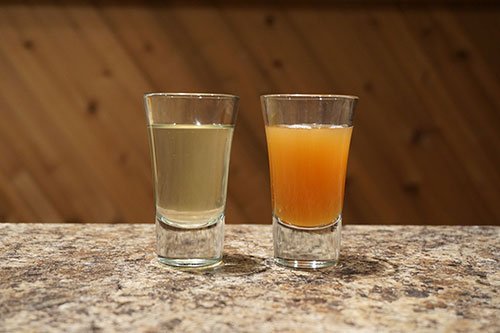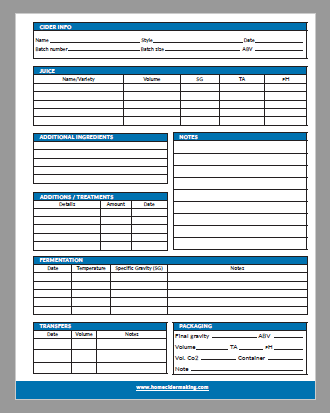Often people ask “what is the best cider yeast for making hard cider?” and that is tough to answer. It all comes down to style and preference because different varieties can change the process, taste and even visual appearance of hard cider.
Commercial yeast production provides a lot of options when it comes to making cider at home. Cider is closely related to wine so wine yeast is often used although many beer and champagne yeasts produce great results too.
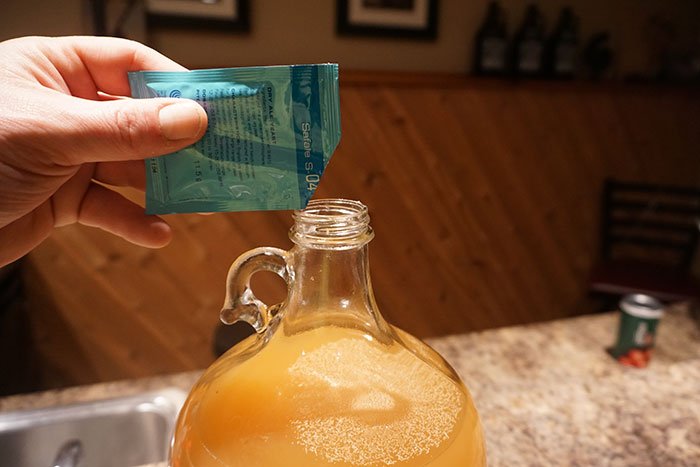
They all produce alcohol so why try different yeast?
Using different yeast varieties can change the flavors and finish of a cider drastically. Some yeast, such as Cote Des Blancs, a wine yeast will produce esters that complement the apple flavor and finish near 1.000FG. Others, such as EC-1118 champagne yeast, will nearly strip the apple flavor and finish extra dry.
The Home Brew Association did an interesting experiment where they tested 7 different yeasts using the same cider and techniques. The results were wildly different and shows how one strain can match beautifully with cider while the other seems to ruin it.
While the yeast itself is the workhorse, they need the right conditions to thrive and be healthy. Generally, a lower temperature around 60-70F will result in a slower and smoother fermentation. Higher temperatures tend to stress yeast which can result in high SO2 production or off flavors.
Each type of yeast is cutrued and bred to have different qualitys that are benifical to a specific type of recipe.
Some yeasts also require yeast nutrients when used for cider making because cider can relatively low in nutrients. Read the manufacturer’s specifications for the best results.




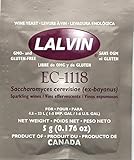
Best Hard Cider Yeast Varieties:
Nottingham Ale Yeast: This yeast is one of the favorites that I use often, especially when going for a semi-sweet cider. Nottingham complements the apple flavor nicely with fruity esters and generally finishes around 1.006-1.002 SG in my experience.
Safale S04:Another ale yeast that I highly recommend because it is so flexible. S-04 yeast ferments quickly and has high flocculation, meaning it settles out really well so it produces clearer ciders. It finishes slightly above 1.000 SG so it leaves a nice touch of sweetness as well.
Cider House Select: This high ester producing yeast adds depth and flavor to cider. It makes for a good beginner yeast as it already includes the recommended dose of yeast nutrient in the package. The Cider House yeast ferments quickly and finishes dry.
Cote des Blancs: This yeast produces its own apple and pear esters that enhance the cider flavor. CdB finishes with a final gravity around 0.997-1.000 which is still dry, but not as dry as a champagne yeast. This yeast is best fermented at around 65F and will require a little extra time to fully ferment.
EC-1118 Champagne Yeast: If you like a super dry cider with the ability to have a high ABV, this will do the trick. EC-1118 is very efficient in converting sugars to alcohol, leaving the cider extra dry and sour. Also, it can handle an ABV of up to 18%!
Fermenting Cider with Wild Yeast
Fresh pressed, unpasteurized or stabilized apple cider will contain a variety of wild yeast that were on the apple skin before pressing. These yeast varieties can produce great results or spoil the whole batch all together. The results will be unknown and nearly impossible to recreate with consistency..
When apple cider is wild fermented, often times the apple must is treated with a dose of potassium or sodium metabisulfite to fend off bacteria and weak yeast strains allowing the strong to survive.
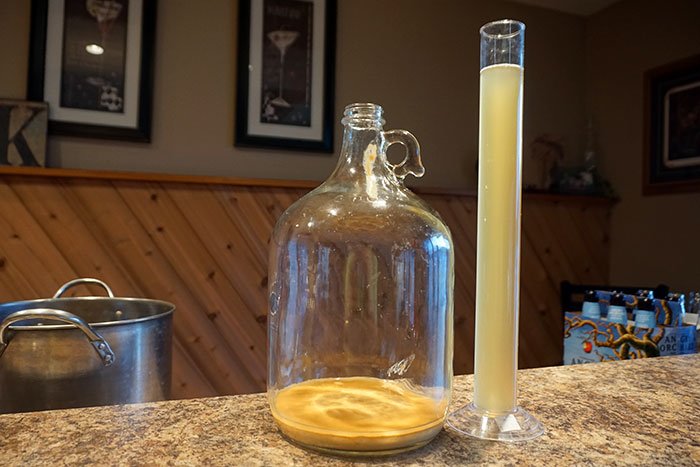
Can Cider Yeast be Reused?
Cider yeast can be reused several times as long as the batch is healthy and clean. Consider reusing your yeast by pouring fresh juice directly on top or washing it and repitching. As stated before, cleanliness is key as any contamination will ruin your batch quickly. This is why most home cider makers will buy new yeast for each batch.
